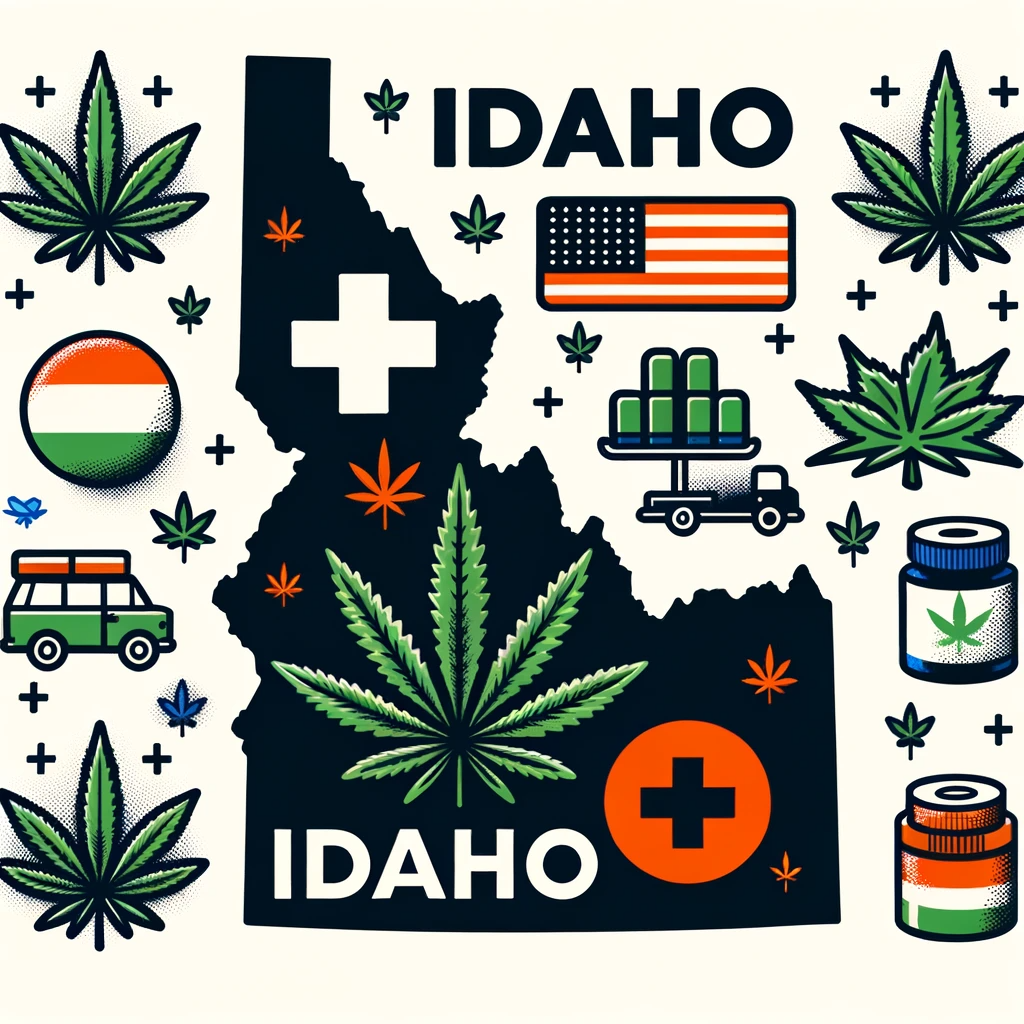Idaho Pushes Forward on Medical Cannabis Initiative Amidst Surrounding States’ Relaxed Laws
LOS ANGELES— As the drive for medical cannabis intensifies nationwide, Idaho finds itself as an island of resistance in a sea of relaxed cannabis regulations. Kind Idaho, a determined advocacy group, is fervently seeking to change that dynamic by ensuring medical cannabis becomes accessible to Idahoans. They are currently gathering signatures to position their proposal on the 2024 ballot.
Joe Evans, Kind Idaho’s treasurer, crystallized their objective: “The purpose is to sanction medical cannabis for cardholders within Idaho. This would empower individuals to consult with physicians, assess if their conditions merit medical cannabis for recovery and healing, and subsequently acquire it from a dispensary,” he detailed in an interview with KTVB.
With an April 14 deadline looming next year, the collective’s ambitious task is to amass approximately 63,000 signatures from the state’s registered voters. Idaho’s stringent stance on cannabis is highlighted by the fact that it remains among the five US states without any level of legalized cannabis.
The road to medical cannabis legalization in Idaho has been rocky. Efforts in 2012 and 2014 saw activists unable to muster enough signatures to qualify for ballots. Later campaigns in 2015 and 2016 met similar fates due to ballot technicalities.
However, recent polls hint at a change in public sentiment, with 68% of Idaho adults expressing support for medical cannabis legalization. Evans and his team remain keen to underscore that their initiative does not advocate for recreational cannabis.
Significant to Idaho’s ongoing debate is its geographical placement. It is bordered by states with permissive cannabis laws, such as Washington, Oregon, Nevada, and Montana. This geographic dynamic has often seen Idaho residents crossing state borders in search of legal cannabis. Particularly illustrative is the bustling cannabis business in Ontario, Oregon. Located roughly an hour from Boise, the city witnesses a significant influx of Idahoans.
Steve Meland, the proprietor of Ontario’s Hotbox Farms, articulated this anomaly, “Officially, politicians state there’s no legal cannabis in Idaho, yet it’s evident that Boise does have access.” His store, positioned strategically to serve over a million people within a hundred-mile radius, attests to Idaho’s vast untapped market.
Ontario has undergone a transformation since it opened its doors to recreational cannabis shops in 2018. Once recognized primarily for the invention of the tater tot, it now boasts twelve dispensaries and has the highest per capita pot sales in Oregon. This burgeoning industry employs around 600 individuals, many of whom, it is believed, commute from Idaho.
The situation in Ontario underscores a broader political and cultural standoff, especially since 2020. During this period, Oregonians from its rural eastern side proposed seceding from Oregon to join the more conservative Idaho.
As the tides of public opinion and economic opportunity swell, Idaho’s decision on medical cannabis could reshape its future and potentially align its policies more closely with its neighbors.



































